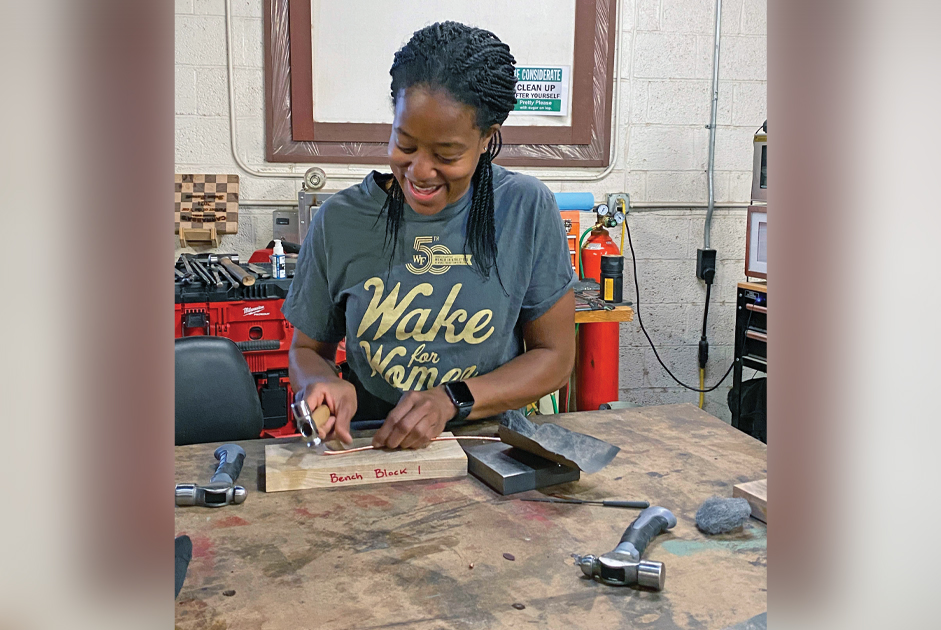School is a building block toward vital life skills. Students often ask, “How is this assignment going to prepare me for the outside world?” Great question! Everything is relevant, from arriving at school before the late bell to having assignments ready to submit by the deadline and even walking to and from classes. By graduation, students will achieve readiness beyond knowing how to read, write, and perform mathematical equations. Both taking out the trash and hanging out with friends are part of the requirements for living a balanced life. Every conversation with family members, coaches, teachers, strangers, and friends provides an experience for the future.
Understanding Budgets
A steady paycheck with a plan to pay bills can lead to a feeling of financial security. Include in your budget money for an emergency, such as an automotive repair, doctor bill, or losing a job. Start with a system to create a balanced budget. While computer software programs offer a bill-pay system, another viable option is to use a spreadsheet or notebook. Be aware of due dates to alleviate paying unnecessary finance charges. Credit cards can help young adults establish credit and offer incentives, such as cashback or points; however, the cards must be part of a workable budget and paid monthly!
Running a household
Employers want to know young adults have more than just book skills. Questions will arise to measure a candidate’s ability to work independently and complete various self-sufficient and labor-related jobs. Young adults should invest in life skills, such as sweeping, cleaning countertops, sorting, washing, and folding laundry, running appliances, using hand tools, and taking care of oneself. The ability to maintain a clean, orderly home life is a requisite to a balanced life.
Managing Time Wisely
Of course, you can juggle. You’ve already realized it’s not easy to balance homework and projects, extracurricular activities, a part-time job, family and friends. Life requires every adult to manage multiple personal and professional priorities. Each day may result in a new worry or crisis that could consume your time. Remember, your reputation and work ethic depend on fulfilling particular requirements, such as arriving on time, dressing appropriately for the occasion, using a personal calendar, tracking appointments, meeting deadlines, and maintaining open communication.
Develop Strong Communication Skills
Every meeting with a friend or a stranger is an interview. Remember to shake hands, maintain eye contact, be respectful, listen, and wait to respond. Body language tells friends and acquaintances everything they need to know before you say one word. It can foster likeability; therefore, focus on how you appear. Do you fidget, break eye-contact, use your hands wildly, or touch your face when speaking? All those qualities can give the impression that you are either lying or anxious. Learn to read other people’s body language by figuring out what they are thinking or feeling. Public speaking is just one form of communication. How well do you work with others? Can you take verbal directions and follow them? Do you pull your weight in projects?
From creating a resume and cover letter to writing a complaint letter about a product, it is vital to organize thoughts concisely while targeting a specific audience. Always spell out words, try to avoid contractions, and reread every letter before sending it.
Accepting Feedback Gracefully
Reflection is part of every task. It’s important to wonder, “Did I do the job well?” Were the expectations met, and how could I improve? In the effort to learn from mistakes, criticism may surface. Young adults should practice setting aside their emotional responses and focus on constructive comments. Take time to accept feedback and respond positively.
Making Relationship Decisions
Relationships require dedication and work, from friends to work colleagues. The association may require a specific emphasis, comprising, perhaps, kindness, respect, responsibility, dependability, or trust. It’s vital to set standards for each of your relationships. You may not always like a boss or a brother-in-law, but respect and fairness can make connections flourish. Holding a high standard can create a quality life, if leaving a high-stress work environment or separating from an abusive relationship.
Young adults may know their way around a technological device, but the goal of living a balanced life involves self-sufficiency, ethical decision making, and getting along with difficult associates.























